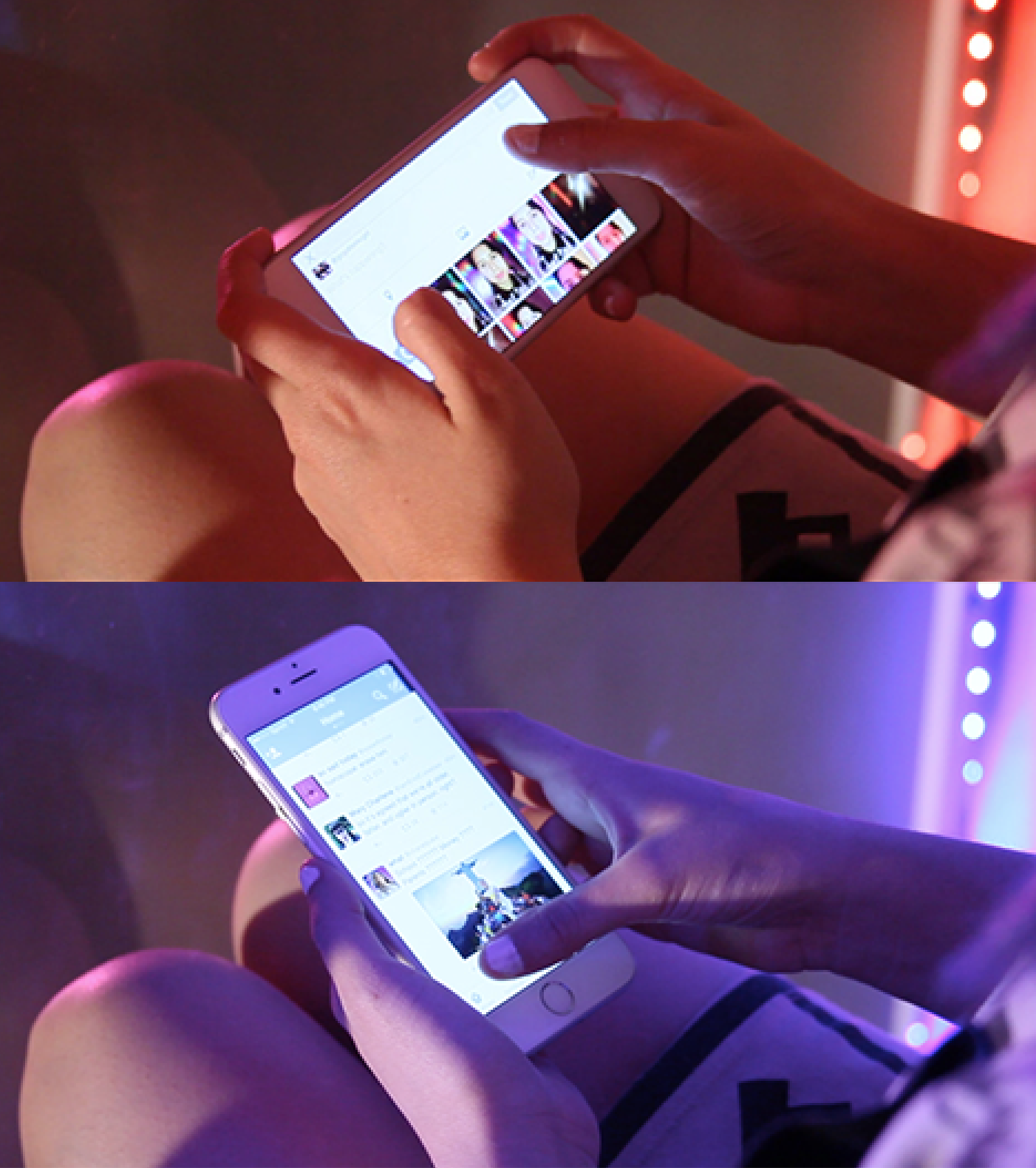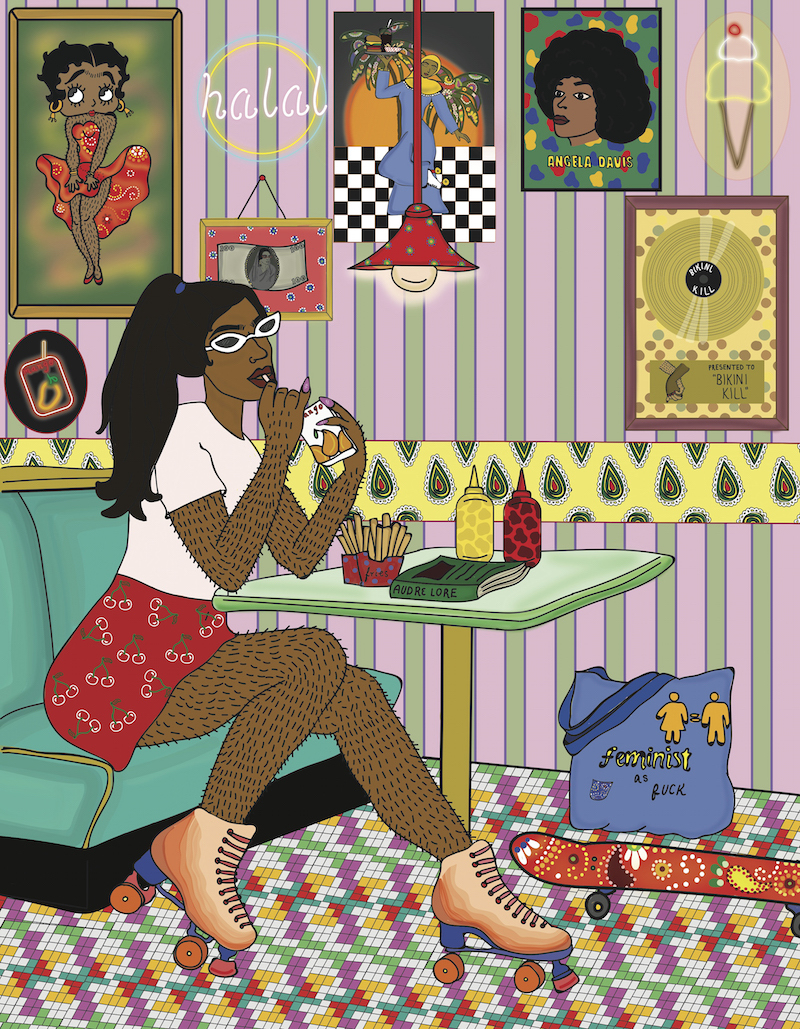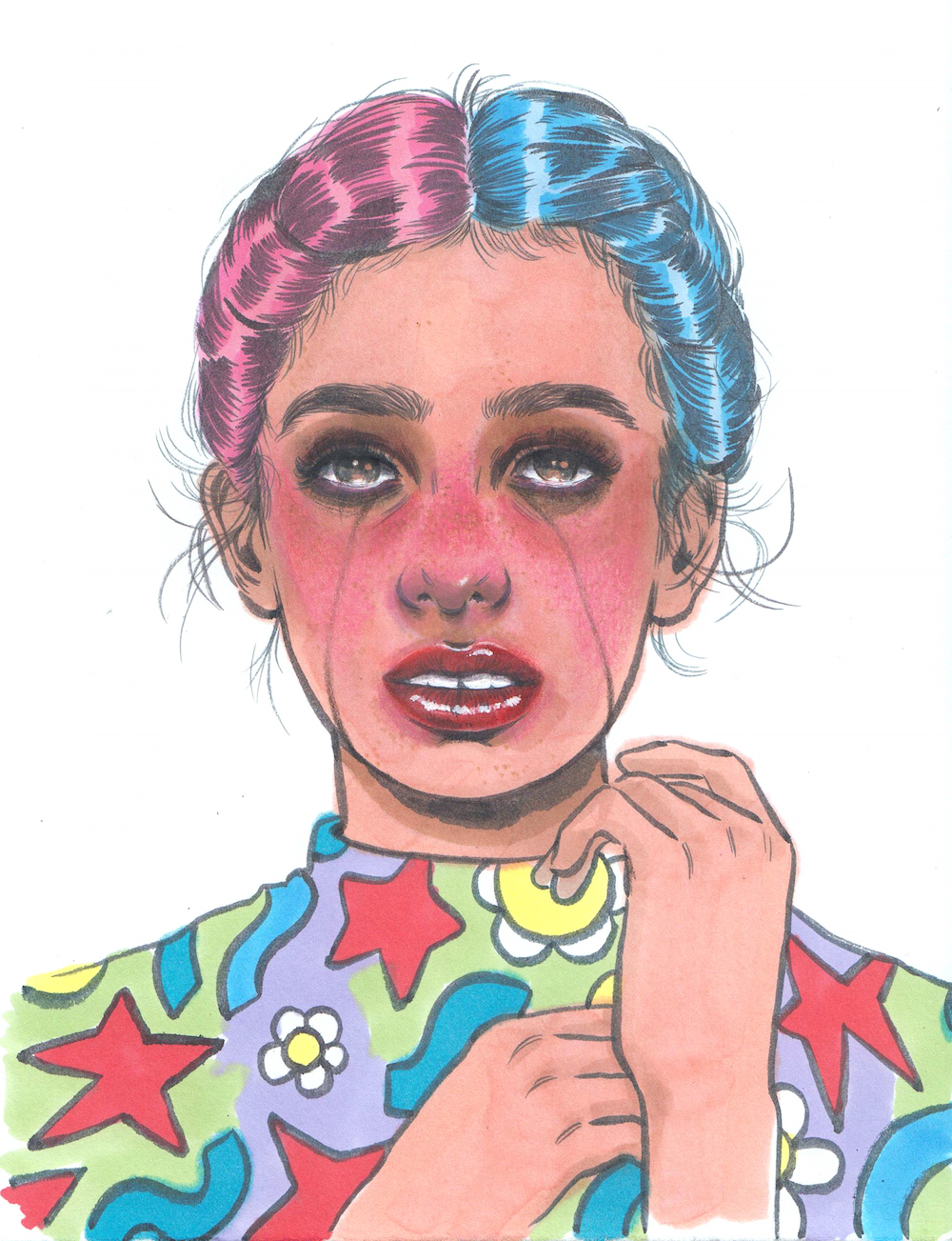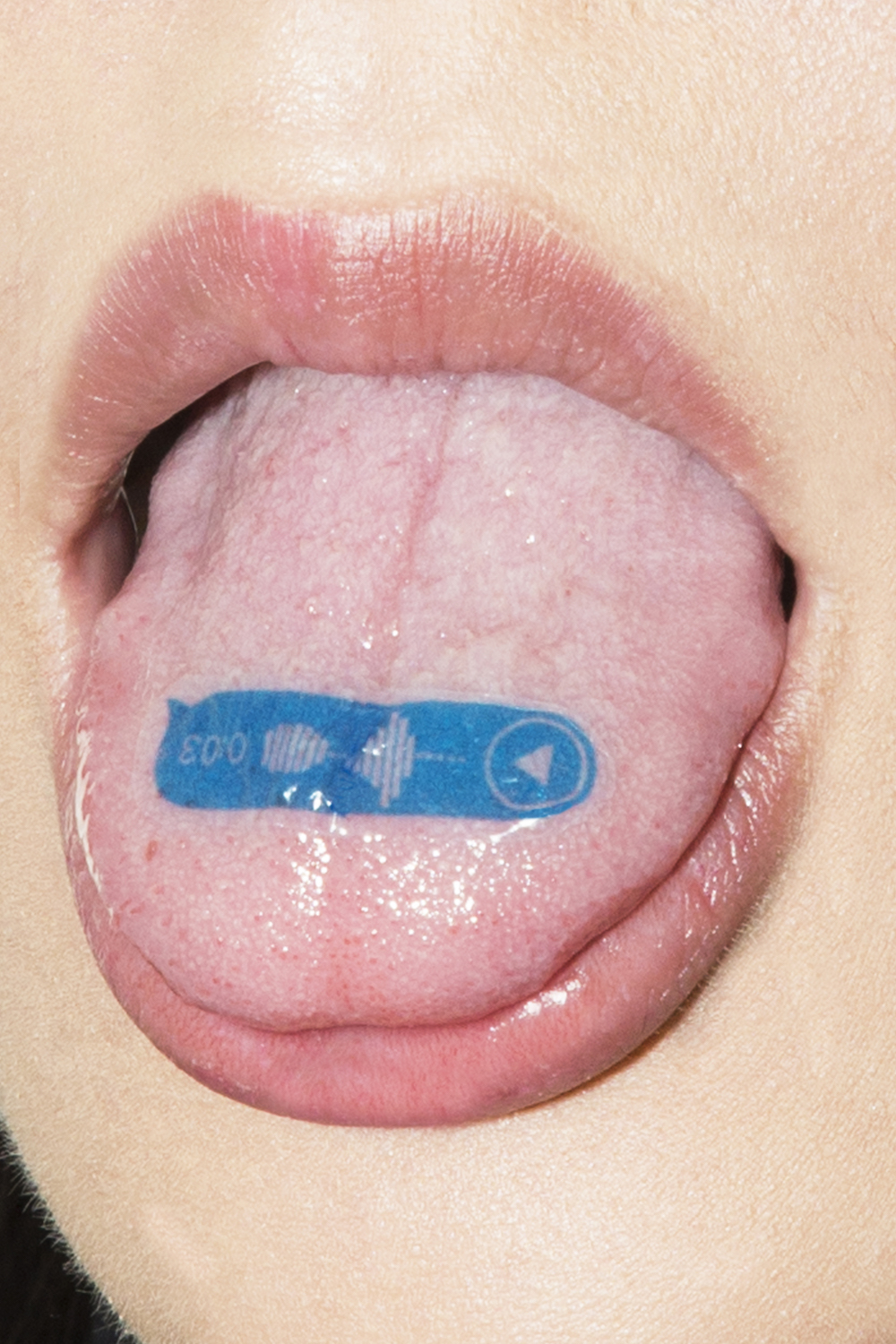Almost exactly a year ago, Grace Miceli‘s online gallery Art Baby staged its first IRL show in Brooklyn. Girls at Night on the Internet saw 18 young female artists challenge the art world’s patriarchy with a very powerful, very pink exhibition spanning photography, illustration, and graphic design. “I visit galleries in Chelsea and I see mostly work by old cis straight white men, and that’s so boring to me,” Grace told i-D. “When I look at art online I see so many different experiences and voices represented that have been missing in the traditional art world for so long.” Now the artist/curator is bringing her feminist art world revolution from Brooklyn to Taipei. Why Didn’t You Like My Pic? is the Girls at Night sequel exploring vulnerability and the “like” economy of social media — and doing so not just IRL but on an island off the coast of China on the other side of the world. We caught up with Grace to talk about the universality of like-based anxiety and the empowering potential of being more emotional online.

How does this show expand upon what you addressed in Girls at Night on the Internet?
With Girls at Night on the Internet I was excited to present a group of artists and friends who I had spent the previous few years connecting with online, whether it was about our new creative projects or our personal lives. It was a moment of “Hey! We’re here!” as we took over a physical space. Now with Why Didn’t You Like My Pic? I’m working with a mostly new group of artists — there are a few overlapping names from last year’s show — in an attempt to navigate what it means to live our lives and communicate online. Before it was a celebration of making our own space on the internet and I think now I’m ready to be more conscious and critical of what it means to exist in that space. Introducing these artists to a new city on the other side of the world is really exciting as well.
You say that the title interrogates the sincerity and weight of our online interactions. Can you elaborate on this?
I’m interested in how much meaning a “like” can hold. The public element of our online interactions is a new thing we have to deal with that adds another layer of complication to our relationships. I think it’s important to try and understand why we feel a certain way when your crush likes your selfie or another girl’s photo or when your friend leaves a heart emoji under a serious post you made or when your mom comments something embarrassing. Do these things matter to you? If so, should they?

Why is it important for young women to be more assertive with how we really feel online?
I think it’s important for everyone to be more assertive with their feelings in general, online or off. Fear of doing so causes so many problems and I want to address this with the community that I feel safe in doing so — and that is with my peers and friends, who mostly happen to be female-identified people. And I think the internet is a good place to start this conversation and help it garner some traction. We need to negate the idea that being emotional or vulnerable is a negative thing, with women but maybe more importantly with cis men.
The artists are based both in the USA and Taiwan. How did you become familiar with the work of the latter group?
This exhibition is presented in collaboration with a new Taipei organization called Off Topic, which was started by my friend Chingann. We have worked together before through the brand Jump From Paper and she introduced me to the Taipei-based artists — or some are from there but have now moved away. She commented that while there are young artists in Taipei making exciting work, the city doesn’t have the same active community of emerging artists that you see in New York or Los Angeles. She wanted to introduce that concept there.

Have you noticed any major differences in the way that girls explore their identity online here versus in Taiwan?
This is something I’m hoping to learn about! It is so cool to see similarities in the work of artists who live on the other side of the world from us, because we have the internet to connect us.
Girls at Night on the Internet and Why Didn’t You Like My Pic? bring internet-themed art onto gallery walls. Do you think that art migrating in the opposite direction — i.e. the #artselfie and #instaart culture — can also be a positive, empowering thing?
I see it as a positive step forward. It opens up access to art for people who don’t live in cities that have art galleries or it allows you to discover work and then want to go see it in person, looking at art online also allows for new technology and mediums to gain popularity. Interacting with art physically is a special and important experience but the traditional function of contemporary art galleries needs to continue to push itself and keep evolving.
“Why Didn’t You Like My Pic?” is on view at Pon Ding gallery in Taiwan from August 19 through August 28, 2016.

Related: Bored of the art world’s patriarchy? Grace Miceli is
Credits
Text Hannah Ongley
